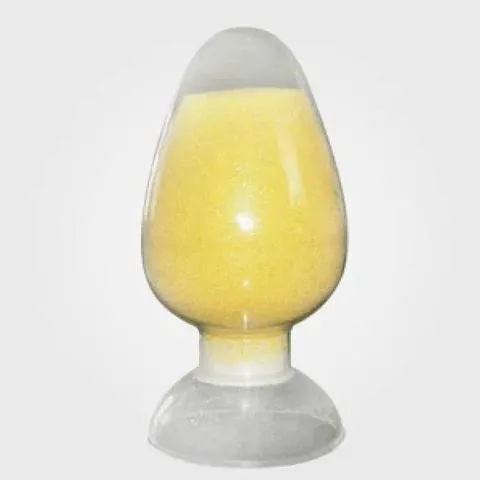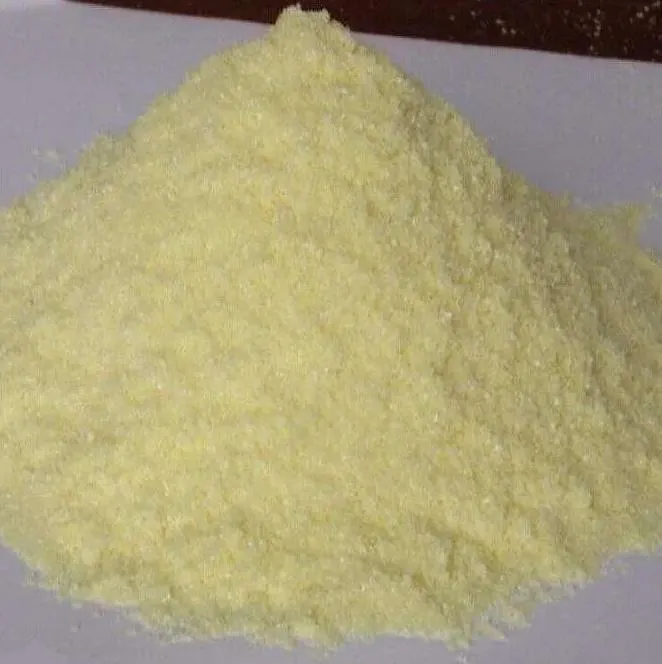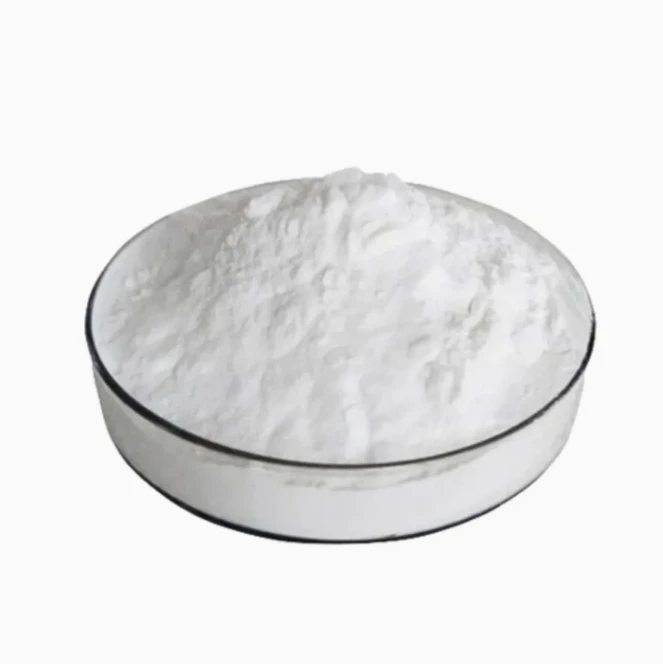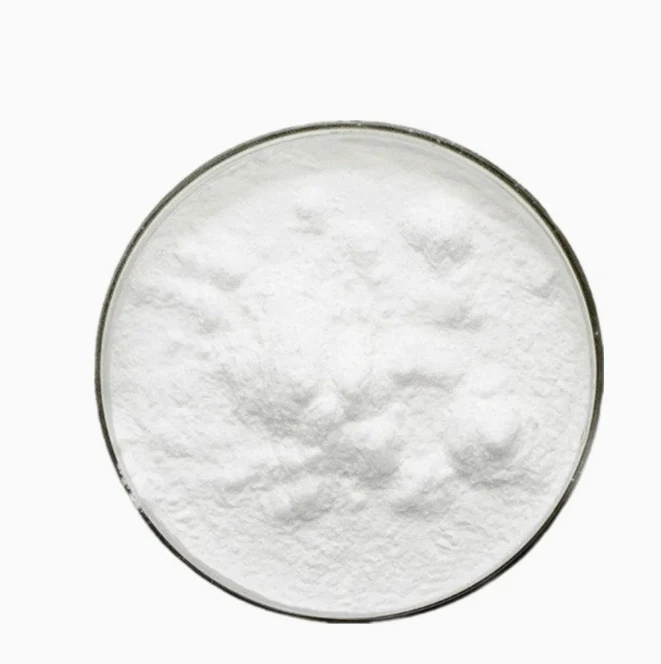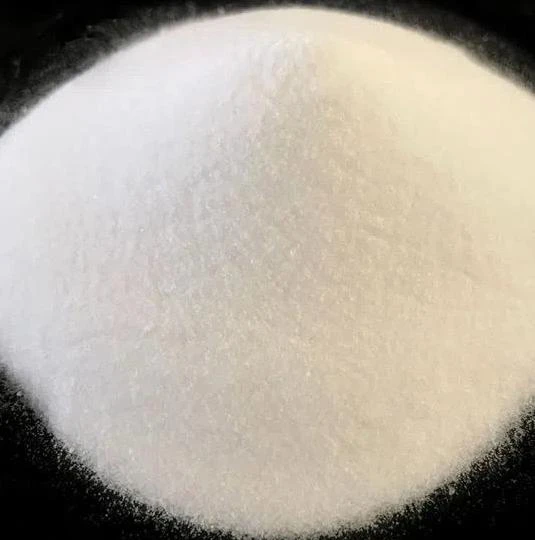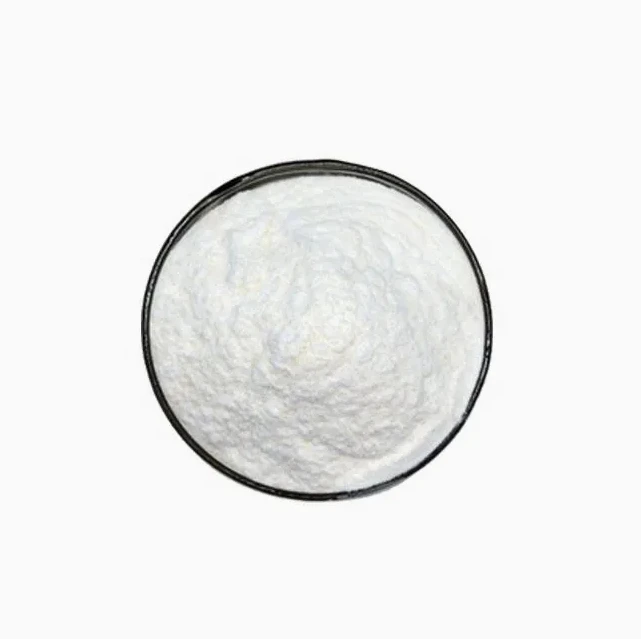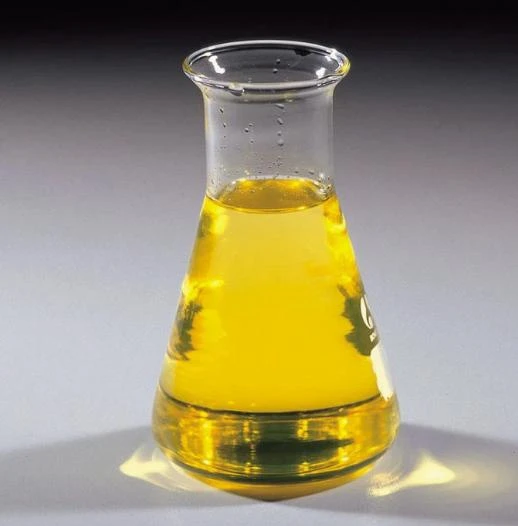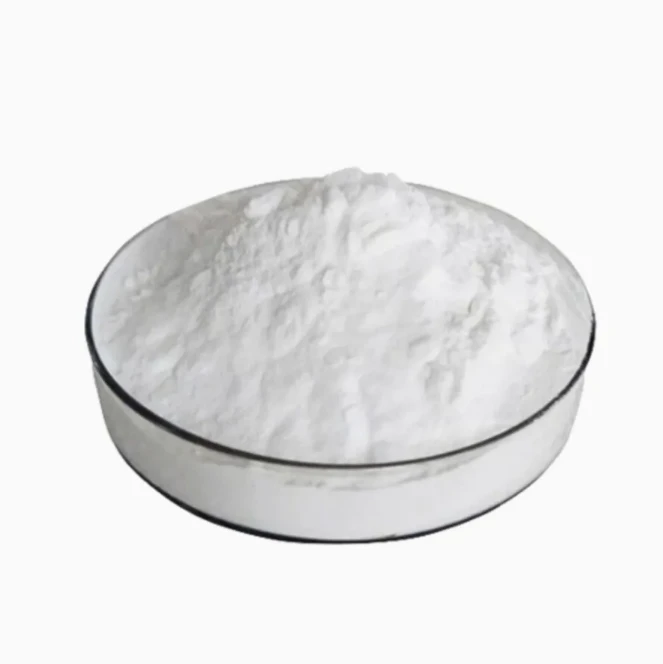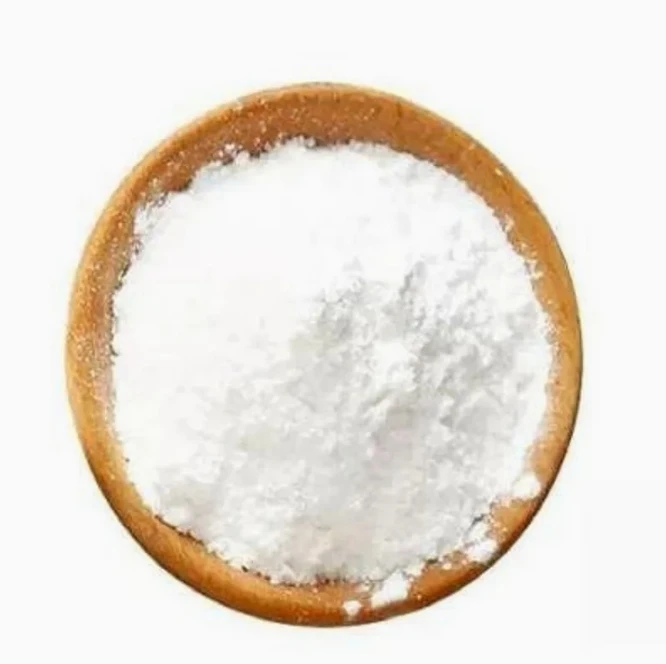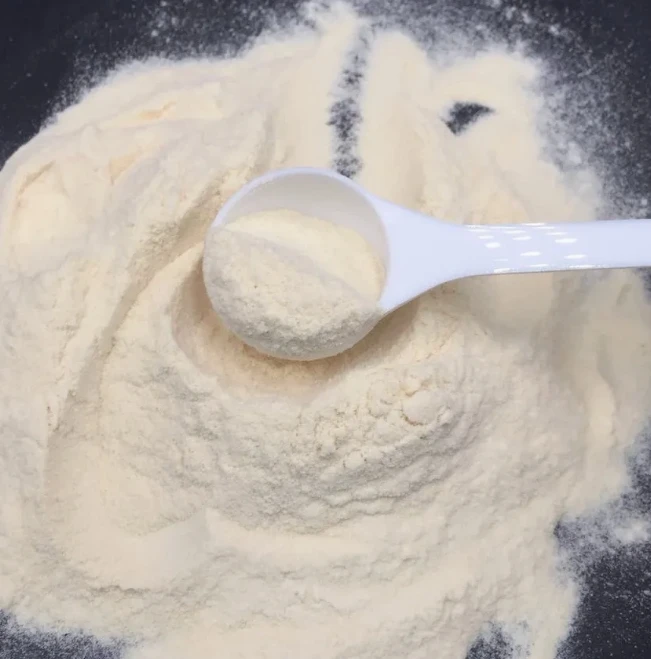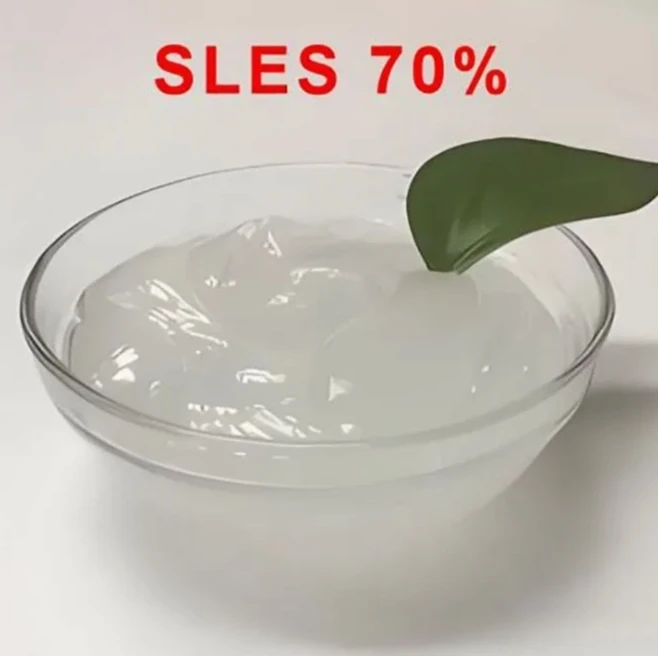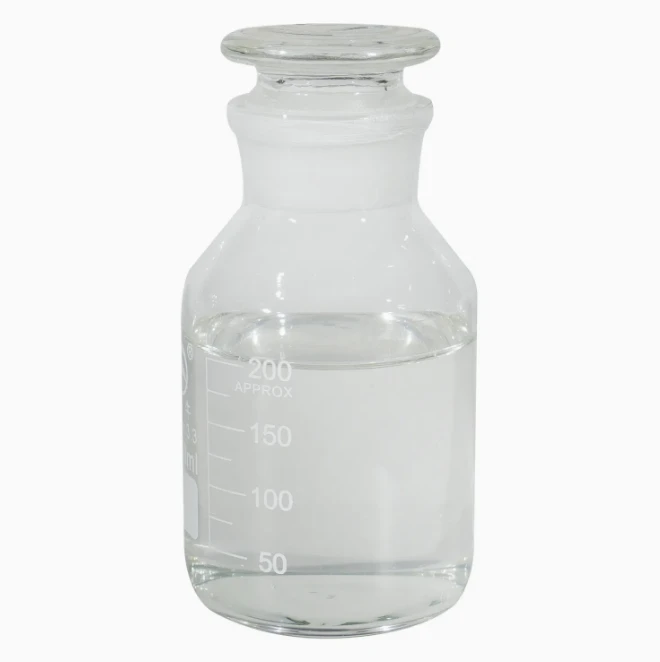Zein Maize / Zein
Zein is a prolamine; an alcohol-soluble protein present in amounts of 2.5-10% (dry basis) in corn. Zein is a common component used in the manufacture of plastics, paper coatings, adhesives, substitutes for shellac, laminated board, and solid color printing films.Zeins are the main storage proteins found in the seeds of maize. Following protein translation, the zeins are stored in the rough endoplasmic reticulum (ER)-derived protein bodies. The accumulation of zein in these ER-derived protein bodies results in the formation of the endosperm - the food storage body of seeds.


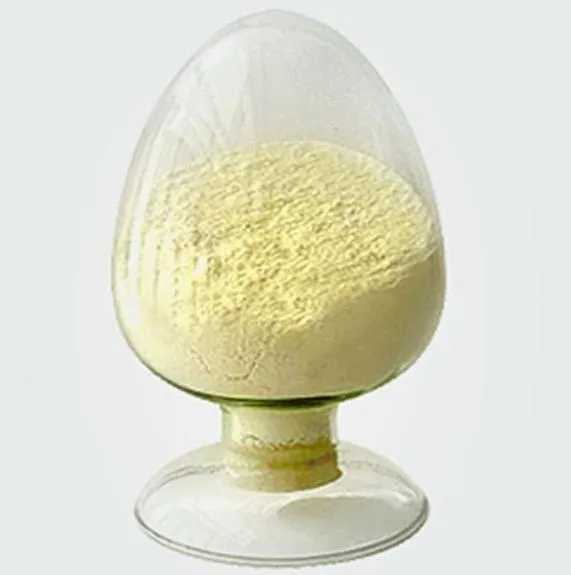

1. After being dried by spray, zein solution can form a smooth film on the surface of the object, which can be used as a coating agent. If a suitable amount of fatty acid, emulsifier and other plasticizers are added according to the nature of the object, after spray drying or coating drying, a smooth film with good extensibility and adhesion can be formed on the surface of the object.
2.Nutritional excipients: Although the amino acid composition of zein is imbalanced and cannot be directly utilized by the human body. However, its unique solubility, as well as strong water resistance, heat resistance, and fat resistance, make it an ideal natural nutritional preservative.
3. Corn gliadin has excellent bonding properties and can be used as a bonding agent. In addition, it can also be used as a specialized bonding agent for wood, plywood, cardboard, and other materials. It has an anti mold effect under humid and hot conditions, so it can also be used in the manufacturing of corks.
4. Alcohol soluble proteins dissolve in alkaline (pH 11.2-12.7) solutions, making them suitable for spinning. After being treated with formaldehyde, they can be made into excellent fibers for use in textile industry and industrial applications. In addition, gliadin can also be used in paint, printing ink, film, degradable plastic, hair dye, s and many other aspects.
Re na le lifeme tse ngata tsa boleng bo holimo tse nang le tšebelisano e tebileng, tse ka u fang lihlahisoa tsa boleng bo holimo le litheko tsa tlholisano. Hape re ka fana ka litheolelo bakeng sa ho reka ka bongata.'Me re sebelisana le lik'hamphani tse ngata tsa litsebi tse tsamaisang thepa, li ka isa lihlahisoa ka mokhoa o sireletsehileng le ka thelelo matsohong a hau. Nako ea ho fana e ka ba matsatsi a 3-20 ka mor'a hore ho netefatsoe tefo.

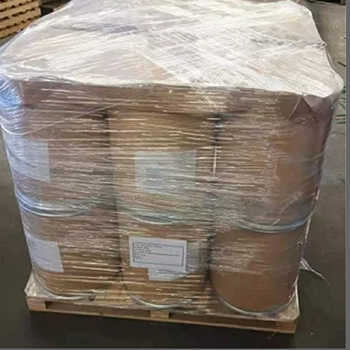
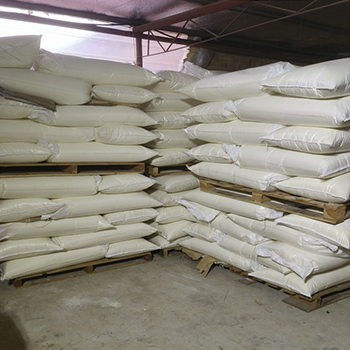
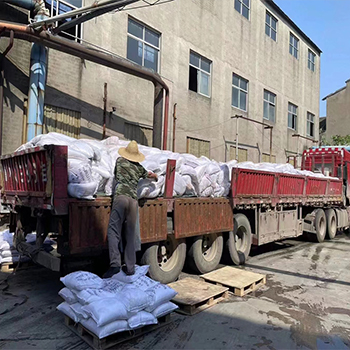
|
Appearence
|
Yellow powder
|
|||
|
Odour
|
Odorless, tasteless
|
|||
|
Solubility in water
|
Insoluble
|
|||
|
Solubility in 70%~80% acetone
|
Clear to slightly cloudy
|
|||
|
Solubility in 80%~92% alcohol
|
Clear to slightly cloudy
|
|||
|
Ntho
|
Litlhaloso
|
Liphetho
|
||
|
Identification:A ,B & C
|
E lumellana
|
E lumellana
|
||
|
Nitrogen content
|
13.1%―17.0%
|
14.34%
|
||
|
Zein(Protein)
|
88%~96%
|
89.88%
|
||
|
Loss on drying
|
≤8%
|
4.06%
|
||
|
Fat(ether-soluble matter)
|
≤2%
|
1.10%
|
||
|
Residue on Ignition
|
≤0.3%
|
0.24%
|
||
|
Heavy metals
|
≤0.002%
|
<0.002%
|
||
|
Kakaretso ea Plate Count
|
≤1000cfu/g
|
<10cfu/g
|
||
|
Number of fungal and yeast
|
≤100cfu/g
|
<10cfu/g
|
||
|
Escherichia coli
|
E mpe
|
E mpe
|
||
|
Qetello
|
The above product complies with CP2010 standard.
|
|||

1. Na u feme kapa k'hamphani ea khoebo?
Re komnay e kopanyang indasteri le khoebo, ho fana ka ts'ebeletso e le 'ngoe.OEM e ka amoheloa.
2. O fana ka mehlala? Na ke mahala kapa ho feta?
Mehlala ea mahala. Tefiso ea thepa ea sampole e hloka ho lefuoa ka lehlakore la hau.
3. O na le litifikeiti tse amanang le taolo ea boleng?
Setifikeiti sa ISO 9001:2008 ho netefatsa boleng.
4. Ke fane ka eng ho fumana khotheishene?
Pls re tsebise ka mofuta oa sehlahisoa seo u se hlokang, bongata ba odara, aterese le litlhoko tse ikhethileng. Khotheishene e tla etsoa bakeng sa referense ea hau ka nako.
5. U khetha mofuta ofe oa mokhoa oa ho lefa? Ke mantsoe a mofuta ofe a amoheloang?
Melao e Amoheletsoeng ea Thomello: FOB,CFR,CIF,EXW;
Chelete ea Tefo e Amoheletsoeng: USD;
Accepted Payment Type: T/T,Western Union; Paypal,BTC
Puo e Builoeng: Senyesemane.
Lihlopha tsa lihlahisoa




